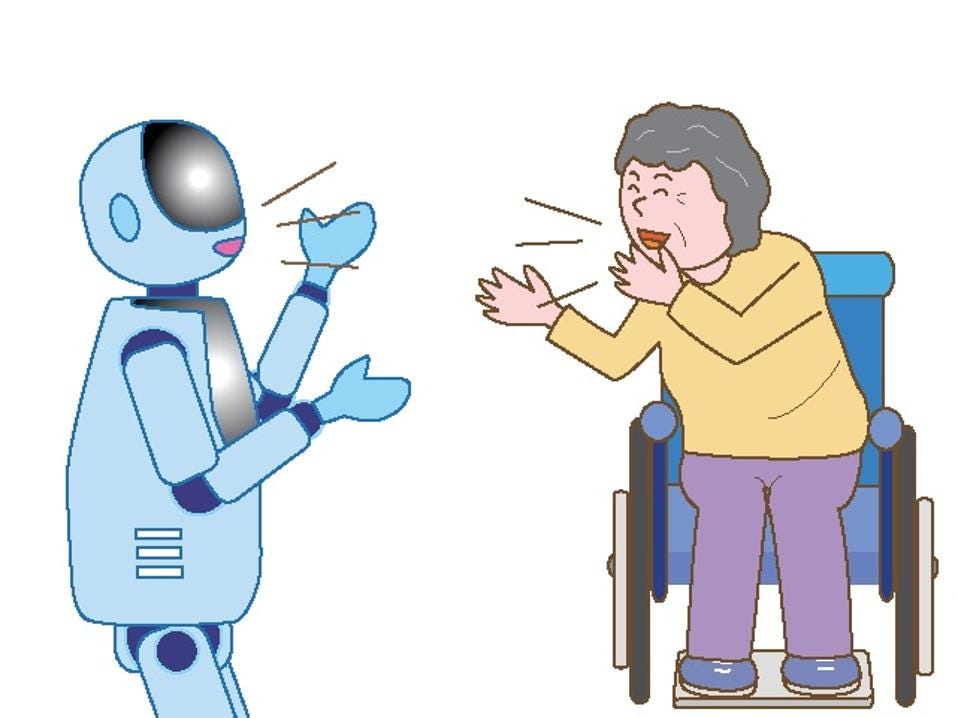AI Companions: Enhancing Elderly Support
A short essay envisioning how AI and human life can be integrated in 2040.

In the twilight years, many elders grapple with loneliness and a lack of assistance, especially when dealing with Alzheimer’s and dementia. These conditions erode memory, cognitive function, and social connections, making life increasingly difficult.
I believe AI companions can be designed to enhance quality of life and maintain independence for those affected. Let’s call this: EVA (Elderly Virtual Assistant) — part of my vision for integrating AI and human life by 2040.
Imagine this…
EVAs offer personalized cognitive exercises through tailored games and activities that stimulate memory. Using advanced machine learning, EVAs adjusts difficulty levels based on user performance.
Health monitoring is seamless with EVAs’ wearable devices and home sensors, tracking vital signs and detecting early symptoms for timely intervention. EVAs also provides automated reminders for medications and appointments.

Social engagement is a cornerstone of EVAs, facilitating conversations, virtual group activities, and video calls, keeping users connected with loved ones. EVAs aid memory through photo and video albums, voice-activated notes, and personalized music playlists.
EVAs also ensures safety and independence with smart home integration, GPS tracking for wandering alerts, and emergency contact features.

Smart AI companions are set to revolutionize eldercare by boosting health management, offering emotional and social support, and preserving cognitive abilities. The idea of EVAs opens up a future where aging is celebrated with grace and happiness, enriching each day and cherishing every moment.
As we move forward, it's essential to tackle the challenges ahead, ensuring these technologies are accessible, ethical, and secure. This way, we can build a caring and dependable environment for our elderly, embracing their journey with compassion and support.
Thanks for reading,
D. Han



